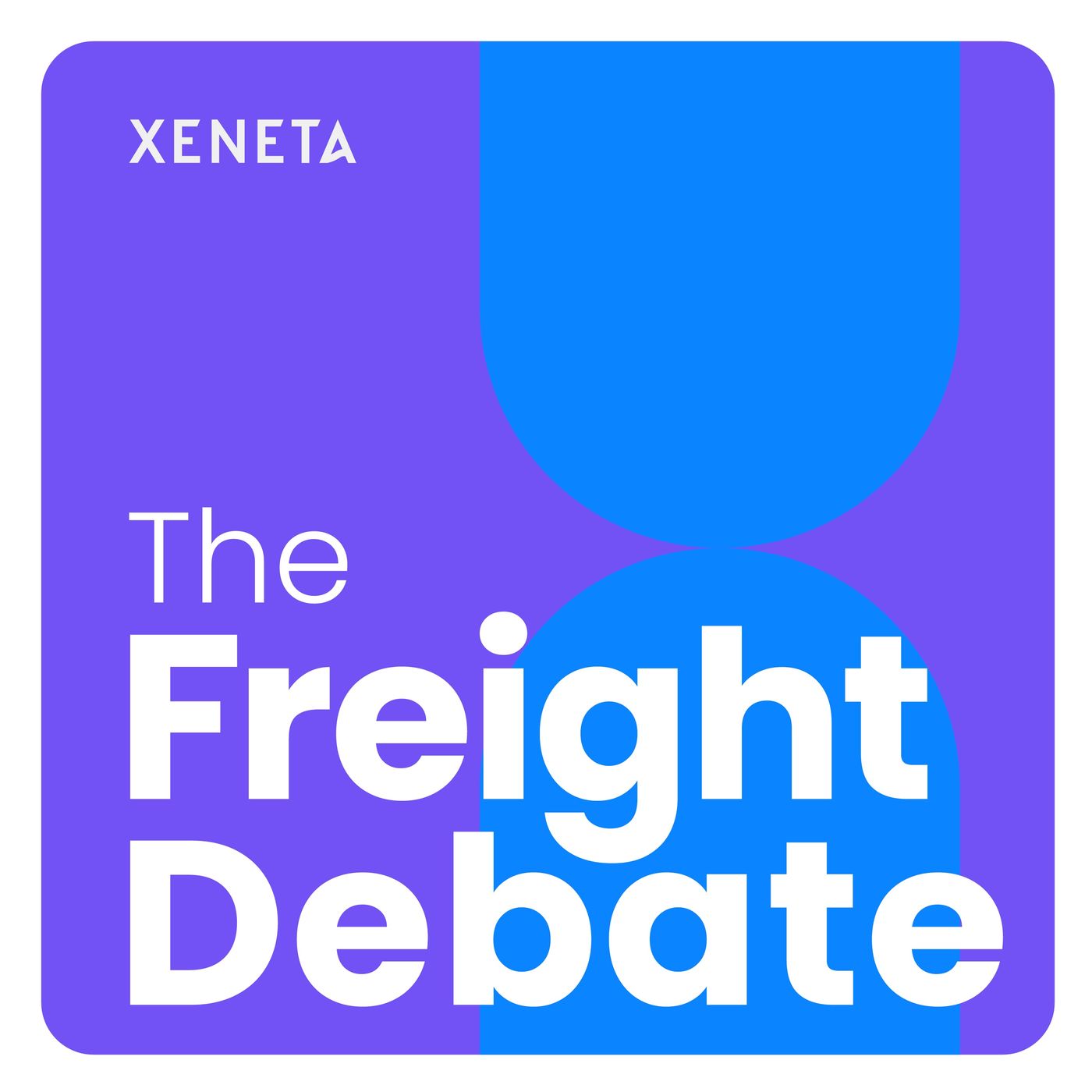Why Indexing Could Save Billions in Shipping
Update: 2025-08-08
Description
In this essential episode of The Freight Debate, host Rajesh Bhol sits down with two industry powerhouses: Christian Pederson, Global Head of Ocean Contract Products at A.P. Moller-Maersk, and Patrik Olstad Berglund, Co-founder and CEO of Xeneta, to unpack the freight industry's evolving relationship with indexing, contract standardization, and market volatility. If you've been following recent supply chain developments, you'll know that freight indexing and contract volatility are two of the most talked-about issues in 2025.
Freight indexing and contract volatility aren't just buzzwords anymore—they're key levers in navigating today's unpredictable global supply chain. In this episode, we explore how unprecedented disruptions over the past five years, including the COVID-19 pandemic and geopolitical instability, have exposed deep flaws in fixed-rate ocean contracts. Christian and Patrik share candid insights about the cyclical nature of the shipping industry and how trust and transparency can be re-established through innovative, data-driven contract mechanisms.Key topics include:
You'll learn why there's growing consensus that decoupling physical delivery from financial risk mechanisms is a best practice adopted from commodity markets like oil and electricity. The discussion also explores how service predictability for shippers must align with revenue predictability for carriers—a mutual goal that can only be achieved through transparent, index-based agreements.Additionally, the episode explores:
Timestamp Topics
Freight indexing and contract volatility aren't just buzzwords anymore—they're key levers in navigating today's unpredictable global supply chain. In this episode, we explore how unprecedented disruptions over the past five years, including the COVID-19 pandemic and geopolitical instability, have exposed deep flaws in fixed-rate ocean contracts. Christian and Patrik share candid insights about the cyclical nature of the shipping industry and how trust and transparency can be re-established through innovative, data-driven contract mechanisms.Key topics include:
- The case for index-linked contracts and how they help manage extreme market volatility
- Why traditional RFQs (Requests for Quotations) are increasingly seen as outdated
- How shippers and carriers alike are pushing for flexible, enforceable agreements
- The role of financial risk hedging through futures and swaps
- Transparency as a catalyst for efficiency and long-term partnerships
You'll learn why there's growing consensus that decoupling physical delivery from financial risk mechanisms is a best practice adopted from commodity markets like oil and electricity. The discussion also explores how service predictability for shippers must align with revenue predictability for carriers—a mutual goal that can only be achieved through transparent, index-based agreements.Additionally, the episode explores:
- How NVOCCs (Non-Vessel Operating Common Carriers) are innovating with daily indexes
- Practical challenges in implementing index-linked contracts
- The human factor: changing mindsets within traditional procurement processes
Timestamp Topics
- [00:00 - 02:00 ] What is a perfect freight index?
- [02:00 - 06:00 ] Why market volatility broke old shipping contracts
- [06:00 - 10:00 ] Why trust is collapsing between shippers and carriers
- [10:00 - 14:00 ] Budget predictability vs. real flexibility
- [14:00 - 18:00 ] Why one contract can't do two jobs
- [18:00 - 22:00 ] What COVID taught the industry about pricing behavior
- [22:00 - 27:00 ] What makes a good freight index (and what doesn’t)
- [27:00 - 32:00 ] Why transparency doesn’t kill differentiation
- [32:00 - 38:00 ] Simple steps to implement index-based deals
- [38:00 - 46:00 ] Will volatility stay or go? Here's what's coming next
Comments
In Channel





